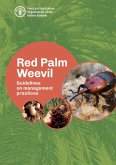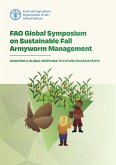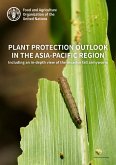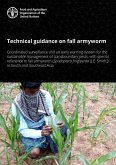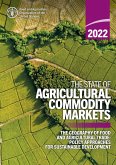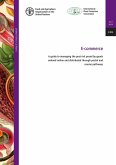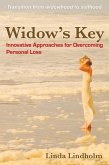In 2017, Food and Agriculture Organization of the United Nations (FAO), key international partners, and national stakeholders developed a Framework Strategy for Eradication of the RPW and supported establishing a trust fund to implement the strategy. The international meeting on "Innovative and sustainable approaches to control the Red Palm Weevil (RPW)" was held in the International Center for Advanced Mediterranean Agronomic Studies (CIHEAM) Bari, Italy, from 23 to 25 October 2018. FAO and CIHEAM jointly organized the meeting in collaboration with KIDPAI, ICARDA and AOAD. More than 100 participants from 29 countries, seven international organizations, and eleven private companies attended the meeting. In this context, 78 abstracts were received and presented during the meeting, ten technical oral sessions, and two poster sessions. The meeting discussed the worldwide RPW invasion, policies, and regulatory frameworks of RPW management and focused on the main RPW management gaps, challenges, and prospects. It reaffirmed the importance of using an integrated approach for RPW management, including, among other things, biological control, environment-friendly tactics, cost, socioeconomic impact of RPW, and information technology. The Bari meeting formed five Technical Working Groups to address the gaps in RPW management in three thematic areas: technology transfer, research, and capacity building. The 24 article contents presented in the meeting are considered a milestone of the Red Palm Weevil project operated by FAO since 2019; this is why preparing such proceedings is essential for the stakeholders and others and presentation during the Wrap-Up ceremony in October 2024.
Dieser Download kann aus rechtlichen Gründen nur mit Rechnungsadresse in A, B, CY, CZ, D, DK, EW, E, FIN, F, GR, H, IRL, I, LT, L, LR, M, NL, PL, P, R, S, SLO, SK ausgeliefert werden.



